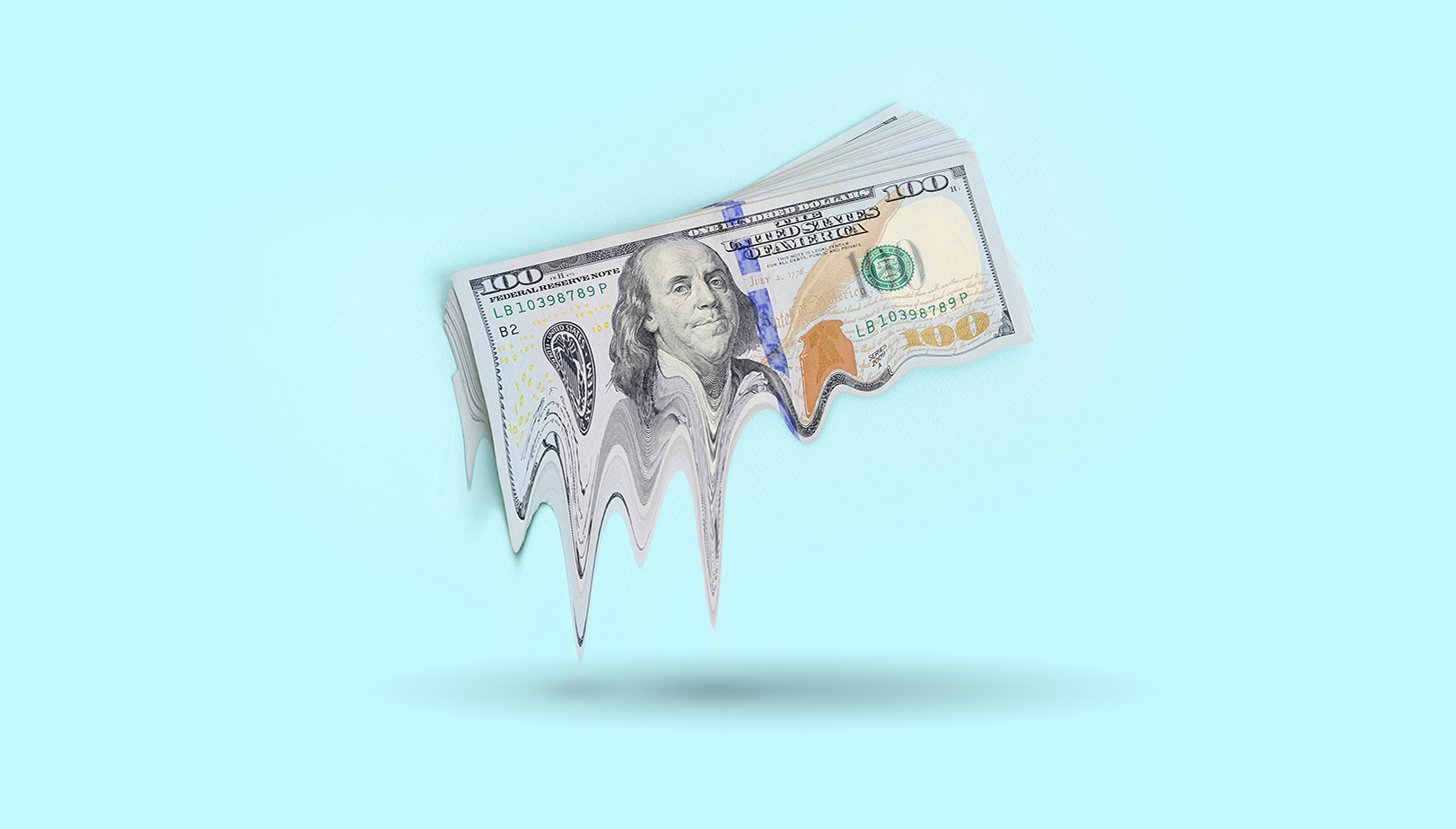In a downturn, many investors look for the perfect moment to enter the markets. Even worse, around 42% of Americans don’t invest in the stock market, and even fewer have any experience with private markets.
With significant crashes on the mind of many investors, it’s understandable why some individuals are skittish about stocks. Since 1974, there have been 24 separate market corrections, so even barring a recession, stocks regularly lose 10% or more of their value.
Private markets, too, experience regular volatility. However, choosing to sit out the markets would be a dire mistake. Calpers, the largest pension fund in the United States, recently admitted that avoiding private equity during the financial crisis cost them up to $18 billion. Around 2 million members rely on Calpers for their retirement, so the implications of this missed opportunity are vast.
Losing returns and diversification
Moreover, sitting out of private markets means foregoing one of the essential tools for diversification. Historically, private markets have experienced less steep drawdowns, faster recoveries, and higher long-term returns than public markets.
The average private equity fund generates a 19% net IRR, more than triple the S&P 500’s projected annualized returns over the next decade. Venture funds aim to outperform broad-based market indices by 5-15 percentage points, and this outperformance continues in downturns.
In the decade following the dot-com crash, private equity returned a 7.5% average, while the PME index annual return dropped to 0.08%. Buyout funds, too, are considerably more resilient than public markets, as only 2.8% of buyout funds experienced catastrophic loss during recessions, compared to 40% of stocks.
This outperformance is particularly pronounced among first-time funds, nearly 18% of which nab an IRR of 25%, while later funds only exceed that number about 12% of the time.
The reasons for this outperformance are numerous, but one key reason is that private companies are less efficiently priced. Fewer analysts are following these companies and less public information is available, so there’s more room for mispricing. The so-called “complexity premium” results in private companies being cheaper than public companies with similar characteristics.
In addition, private firms aren’t subject to the short-termism rampant in public markets. Public companies are under constant pressure to meet quarterly earnings targets, which can lead to suboptimal decision-making. Private firms have a longer time horizon and can take a more patient approach to business.
Moreover, while downturns hit public companies hard, they present opportunities for private equity firms to “buy and build.” Private equity firms can buy up companies at a discount and then invest in them for the long term, which leads to outsize returns.
Get in the game
Investors who’ve written off private markets are missing out on a crucial tool for diversification and long-term growth. By avoiding private equity, Calpers lost billions of dollars in potential gains. For the average investor, the cost is no less real. In fact, according to Fidelity Investments, investors who missed the ten best stock market days missed out on 55% gains.
It’s time to get in the game. Investing in private markets can be lucrative with proper due diligence and a long-term time horizon. Gridline makes it easy to access top-quartile private market investments with low capital minimums and high liquidity. Get started today to secure your financial future.
